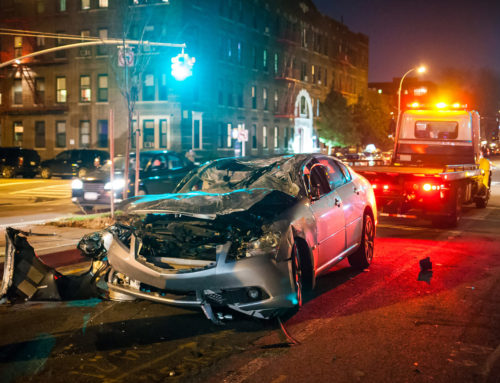A Disservice to the Public
Direct claims – Mrs X was a bright and upcoming young lady. She had completed her Grade 12 education and was busy working at a well-known Casino earning money to further her own career. She wanted to study. She wanted to improve her life and she wanted to provide for her children a future and a life that she herself did not have the benefit of. Sadly her dreams and aspirations were stolen from her when she lost both her legs in a tragic accident. She was involved in a motor vehicle collision in which she was rendered a double amputee. Believing that she would receive fair compensation she approached the Road Accident Fund (RAF).
The RAF requested that she be assessed by its own Industrial Psychologist. Despite the fact that she is a double amputee and despite the fact that she has been rendered unemployable and severely disabled the RAF compensated her on the basis that she would still be able to generate the same level of earnings. Mrs X did not have the benefit of legal representation. The RAF has under compensated Mrs X by close to R1 Million Rand. And she is one of many.
“The mandate of the Road Accident Fund and its board is to compensate innocent drivers, pedestrians and passengers who have been injured through the driving of a motor vehicle”, says Tzvi Brivik of Malcolm Lyons & Brivik Inc. The compensation to which an innocent party is entitled is set out in the legislation. This was amended after 1 August 2008 to provide for recovery of compensation for passengers in single vehicle accidents to be the same as that which an innocent driver or passenger could recover. However, there was a catch.
The catch was that direct claims compensation itself was limited. It was limited in the following ways:
- General damages which are damages paid for pain and suffering and loss of amenities of life would now only be paid if the claimant could show the injury that he or she sustained was a serious one. To make this more difficult, the legislators chose an obscure American assessment criteria referred to as the American Medical Association Guideline. No medical professionals in South Africa were trained to assess in terms of this guideline at the time. If the claimant was unable to establish that the injury sustained was a serious injury, then despite the fact that he or she still sustained an injury, still felt pain and still experience the consequences of that injury in their lives, they would not be able to recover general damages.
- In addition, the amount that was recoverable for loss of earnings was capped. In other words, persons earning over a certain threshold would not be able to recover their actual losses from the RAF and there would be a difference which remained unrecoverable.
“These amendments must be considered against the fabric of the socio economic circumstances of road users in this country”, says Tzvi Brivik, “And means that many persons injured in motor vehicle accidents who were either unemployed or who earned very little, but who could not continue in their work were not compensated as their injuries did not meet the criteria of a “serious injury” and the earnings which they lost were negligible”.
The RAF proudly states on its website that the changes to the direct claims legislation were effected for the following reasons:
- To sustain the existence on the RAF;
- To simplify the claim procedure; and
- To ensure the financial stability of the RAF.
The reasons provided benefit the RAF and in no way benefit the claimant.
“In encouraging claimants to approach it directly to resolve their claims, the RAF acts as judge, jury and executioner”, says Tzvi Brivik. The value of a claim should not be determined by the very body that is to make the payment.“The result is that matters are grossly under settled by the RAF which takes advantage of the claimants lack of knowledge or ability to represent themselves, in addition, the RAF does not assist claimants to fully investigate and quantify their own claims”. From the various documents that we have perused and records we have seen, the direct claim process is neither simplified nor shortened.
What has happened however is that settlement of claims is delayed or worse even prescribe; in addition to being under settled. The public must be aware that it is not the function of the RAF to assist claimants in quantifying and submitting claims against itself but rather to consider the claims which are made and to timeously and in good faith fairly compensate same.






